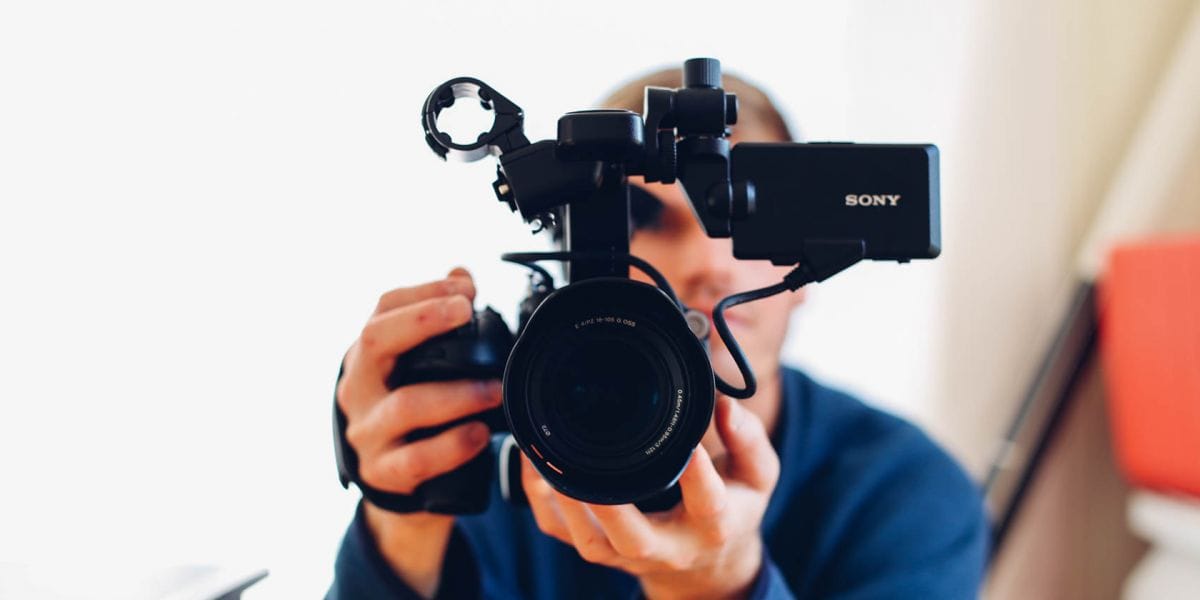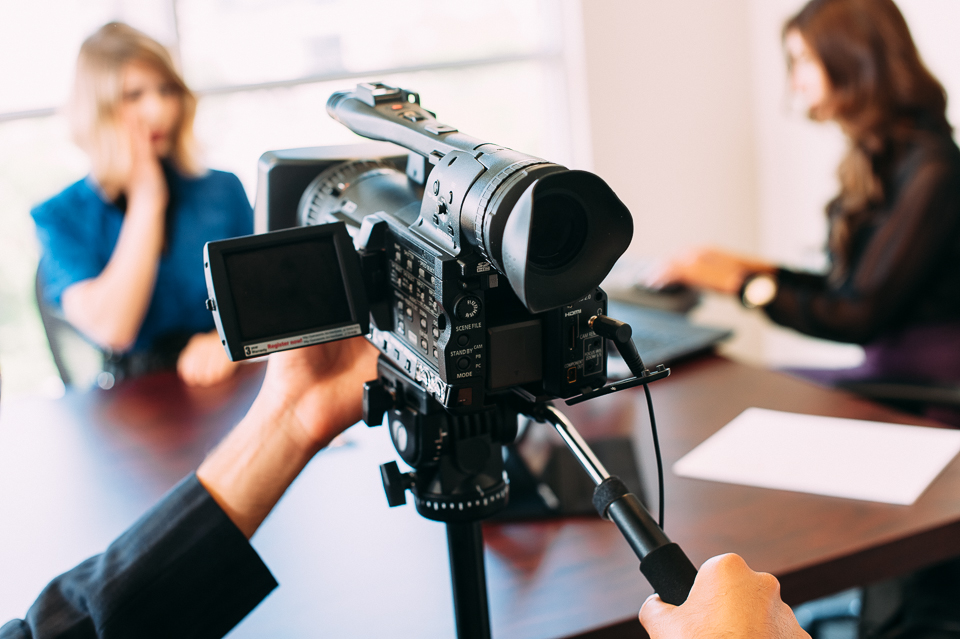Trusted Legal Videography for Reliable Case Support.
Trusted Legal Videography for Reliable Case Support.
Blog Article
The Duty of Lawful Videography in Depositions and Trials
Legal videography has emerged as a necessary tool in both depositions and trials, providing a complex technique to recording witness testimonies. By capturing not just the spoken word but additionally the subtleties of non-verbal communication, this medium enhances the credibility of testaments and protects vital evidence for future procedures (legal videography). As attorneys increasingly identify its value, it motivates a much deeper evaluation of just how these visual documents can affect juror understandings and test outcomes. What ramifications might these developments hold for the future of legal practice?

Value of Legal Videography
Legal videography plays a crucial duty in the paperwork and discussion of depositions and tests. This specialized area incorporates technical skills with lawful knowledge to create a reliable record of procedures that can substantially affect case results. The aesthetic facet of legal videography improves the understanding of witness statement, permitting jurors and courts to observe not only the spoken words yet also the attitude, feelings, and body movement of the witnesses.
In enhancement, lawful videography supplies an objective account of occasions, minimizing the potential for misinterpretation that can accompany written records alone. This aesthetic paperwork works as a crucial tool throughout test presentations, helping with a clearer and even more influential narrative for both plaintiffs and accuseds. The ability to replay video clip sections during court proceedings enables legal teams to highlight key factors, strengthening their arguments properly.
The significance of legal videography expands beyond the court room; it likewise plays a vital duty in preserving proof for future referral, whether for charms or further lawful action. Therefore, its integration right into the legal procedure is important for guaranteeing a reasonable and precise depiction of the facts, inevitably adding to the quest of justice.

Process of Legal Videography
While recording the subtleties of depositions and trials, the process of lawful videography entails several vital steps that make sure premium, accurate recordings. A specialist lawful videographer prepares by reviewing the case materials and comprehending the particular demands of the deposition or trial. This preparation consists of familiarizing themselves with the participants and the context, which helps in catching significant information.
On the day of the recording, the videographer establishes the essential tools, which normally includes high-def electronic cameras, microphones, and correct lights. Ensuring optimum angles and audio top quality is vital, as it straight impacts the efficiency of the recording. The videographer connects with lawyers and participants to establish procedures, guaranteeing that everyone comprehends the recording procedure.
Throughout the deposition or test, the videographer thoroughly records the process, paying close focus to both spoken and non-verbal hints. This includes recording the temperament and responses of witnesses and attorneys. After the session concludes, the videographer may modify the video footage for clarity and conformity with lawful standards, generating an end product that accurately reflects the process for future recommendation and usage in lawful contexts.
Benefits in Depositions
The unification of videography in depositions provides numerous benefits that enhance the total procedure of gathering proof. One primary advantage is the ability to record witness testimonies with aesthetic and acoustic integrity, offering a more accurate representation of the witness's disposition, tone, and body movement. This multidimensional method permits lawyers he has a good point and courts to examine reputation better than standard written transcripts alone.
In addition, videographed depositions offer as an effective device for preserving testament. Should a witness ended up being inaccessible for trial, their taped deposition can be played in court, guaranteeing that their evidence continues to be easily accessible and relevant. This element significantly minimizes the threat of losing vital information that could impact situation end results.

Last but not least, videography boosts the total professionalism of the deposition process, instilling confidence in customers pertaining to the thoroughness of their lawful depiction (legal videography). By leveraging innovation, lawyers can substantially enhance the efficiency of depositions
Effect On Trials
In many tests, the assimilation of videography can dramatically affect the presentation of evidence and the jury's perception. Lawful videography captures witness testaments and essential evidence in a vibrant style, allowing jurors to engage with the material on several degrees. This aesthetic component enhances the narration aspect of a test, providing context and psychological vibration that Recommended Site conventional text-based proof might lack.
Moreover, video recordings can act as effective tools for impeachment during interrogation. When inconsistencies develop between a witness's previous statements and their court room statement, video clip evidence provides an unbiased referral that can persuade jurors' point of views. This immediacy and clearness can bolster the trustworthiness of an event's narrative while simultaneously threatening opposing debates.

Future Trends in Legal Videography
As we look towards the future of legal videography, a number of emerging patterns guarantee to reshape its role within the court room. One considerable fad is the assimilation of expert system (AI) in video evaluation and modifying. AI can improve the process of identifying key minutes in videotaped depositions, permitting lawyers to swiftly access appropriate material, thereby enhancing performance in instance prep work.
Furthermore, the rise of virtual fact (VIRTUAL REALITY) and enhanced reality (AR) technologies is anticipated to change how jurors experience evidence. legal videography. By submersing jurors in a substitute environment, these modern technologies can offer a more extensive understanding of complex circumstances, resulting in even more educated considerations
In addition, the boosting demand for remote depositions, sped up by the COVID-19 pandemic, will likely continue. Lawful videographers will require to adapt to new software program and systems to make sure top notch recordings in online setups.
Finally, the expanding emphasis on data safety and security will certainly demand more stringent procedures for storing and sharing video clip proof. As the lawful landscape advances, lawful videographers need to remain abreast of these fads to preserve their relevance and efficiency in the judicial process.
Final Thought
In summary, lawful videography offers a crucial function in the judicial procedure, boosting the honesty of depositions and trials. As technology continues to progress, lawful videography is positioned to more change its duty within the lawful landscape.
Report this page